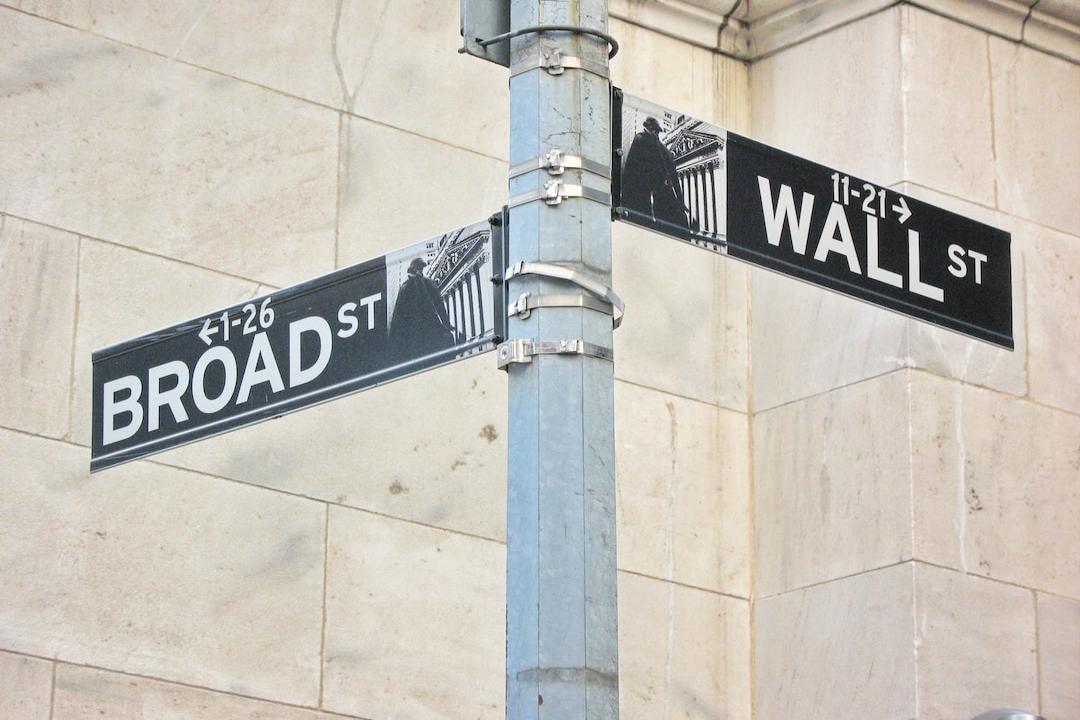The Nigerian government is intensifying its regulatory efforts on cryptocurrency exchanges in an attempt to prevent speculation on the country’s currency, the Naira. After banning exchanges such as Binance, Coinbase, and Kraken last week, two executives from Binance have reportedly been detained and had their passports confiscated.
Since assuming office in May last year, Nigerian President Bola Tinubu has been trying to attract foreign investment through a series of market reforms to boost the country’s struggling economy. This includes the removal of fixed exchange rates and the implementation of a free-floating exchange rate system. The Central Bank of Nigeria has allowed the Naira to significantly depreciate twice in the past eight months.
Interestingly, as the Naira has depreciated and the inflation rate has reached its highest point in nearly 30 years, cryptocurrency exchange websites have become another option for trading and establishing unofficial Naira prices.
However, in order to combat exchange rate speculation, the Nigerian Communications Commission ordered telecom companies to block access to cryptocurrency exchange websites such as Binance, Coinbase, and Kraken on the 21st. Bayo Onanuga, a special advisor to Bola Tinubu, accused Binance of openly setting exchange rates for the Naira and holding the Central Bank of Nigeria hostage, acting as the rate-setter. He urged Nigerian authorities to take action against these platforms that attempt to manipulate the national currency and to ban cryptocurrencies; otherwise, the Naira will continue to depreciate.
According to Olayemi Cardoso, the Nigerian police and national security advisor are coordinating an investigation into cryptocurrency exchanges, and authorities have requested to see the user lists of Binance Nigeria since its establishment. Financial Times reported that after Nigeria decided to ban several cryptocurrency exchange websites last week, executives from Binance were detained by the country’s national security advisor’s office and had their passports confiscated when they flew to Nigeria. After these executives were detained, Binance also suspended trading pairs of Bitcoin/Naira and USDT/Naira.
Olayemi Cardoso, the Governor of the Central Bank of Nigeria, expressed concern that illegal funds are circulating through various cryptocurrency trading platforms. For Binance alone, there have been up to $26 billion of untraceable funds flowing through its Nigerian platform in just the past year.
Binance has recently faced regulatory resistance in multiple countries. After reaching a plea agreement with regulatory bodies such as the US Department of Justice in November last year, the court officially approved the agreement on the 23rd, requiring Binance to pay a $4.3 billion fine. However, the lawsuit between Binance and the Securities and Exchange Commission (SEC) is still ongoing.
Additionally, Binance has been affected by new regulations in the UK. After temporarily suspending new user registrations and the provision of new products or services in October last year, Binance sought to re-enter the UK market but faced opposition from regulatory authorities. Potential local partners in the UK have refused to cooperate with Binance.

Related Reports:
UN Report: North Korean Hackers “Stole £3 Billion” to Develop Nuclear Weapons; Privacy Coin XMR and Binance Experience 40% Drop After Delisting
Binance Faces Regulatory Hurdles in Return to the UK Market: Bloomberg – Several Compliant Companies Refuse to Work with Binance
Binance Settles with the US: Still the Leading Exchange with Over $5 Billion Inflows in Two Months


